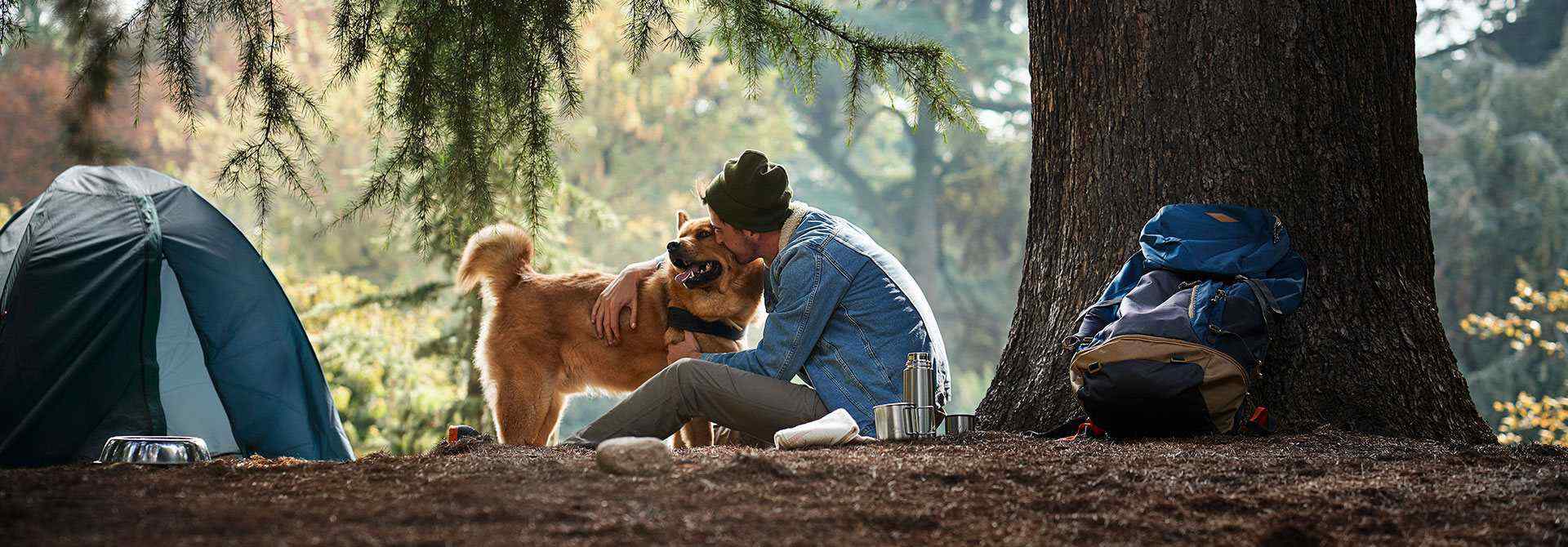Your Elderly & Aging Dog: Diet & Nutrition is Important
CARE & NUTRITION
17 May, 2022
4 minutes
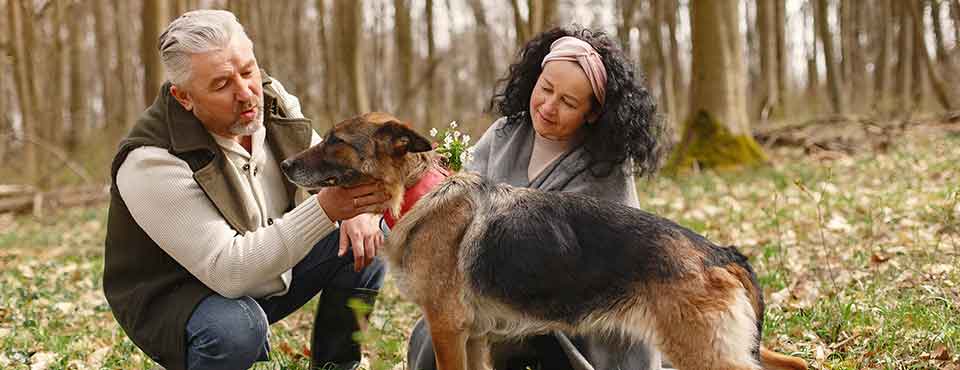
Aging is inevitable for people, and of course our dogs also grow old. Your dog’s needs will change over life, and you can enjoy a lot of energy from your furry friend, and a lot of love as well, throughout each stage. Your pet depends on you to help maintain his or her health and comfort at all stages of life, including the more mature ones.
Changes that are likely to occur in your aging dog can involve alterations in the teeth, differences in food digestion, and a decreasing interest in physical activity. Providing an age-appropriate and balanced diet is an important and thoughtful step you can take to support your senior furry friend and ensure the best quality of life.
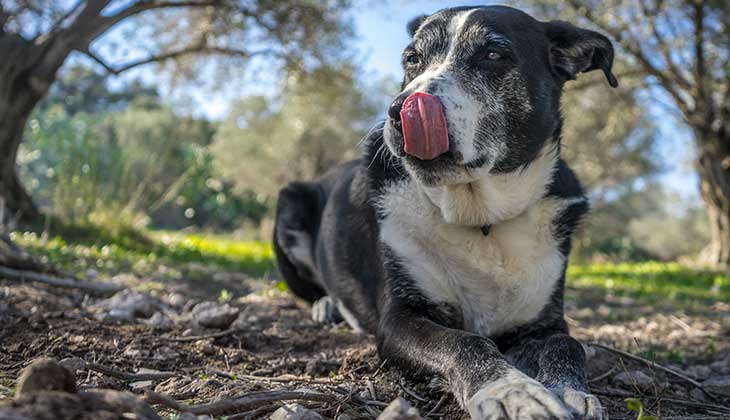
SIGNS THAT YOUR DOG IS AGING
Dogs reach “old age” at different times for different breeds and sizes. Larger dogs may generally show age impacts more than a year earlier than smaller dogs, but as with people, there are also significant influences from genetics, diet, exercise, and overall health. Older dogs’ metabolism and immune systems are slowing down, just as it happens with older people. Older dogs can also get arthritis, vision impairment, and the risk of bladder and bowel control problems.
Some visible signs of aging in your dog may include:
- Changes in physical appearance – such as graying fur around the muzzle and eyebrows. Also, your dog’s coat may lose its luster and appear dull.
- Changes in activity level – your dog may be less active and eager to play than before, and sleep more.
- Changes in disposition – your dog may be more irritable around children and other dogs.
- Other changes – including joint stiffness, reduced hearing, eyes tearing up and digestion issues.
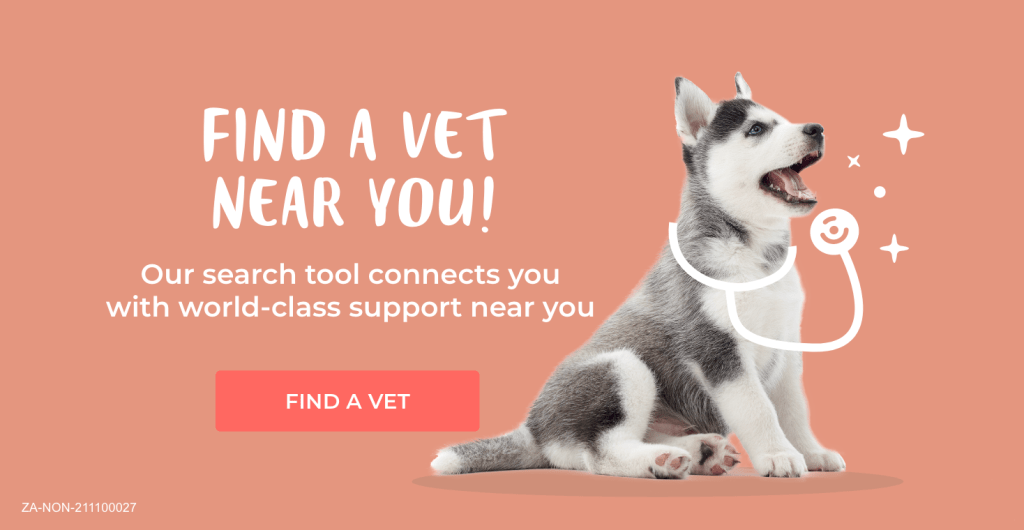
YOUR SENIOR DOG’S NUTRITION
It is a good idea to pay attention to your aging pup’s weight, because as he or she ages, it is common to put on some pounds. This is due to a more sedentary lifestyle with reduced physical activity. The diet you select for your dog should be easy to digest, lower in calories while maintaining protein and fat levels. Some veterinarians recommend reducing a senior dog’s calorie intake as much as 20 %.
Your veterinarian will be able to recommend a senior diet which contains easily digestible nutrients and reduces the risks of obesity and gastrointestinal upsets. Older dogs are more prone to dehydration, so free access to water also continues to be essential.
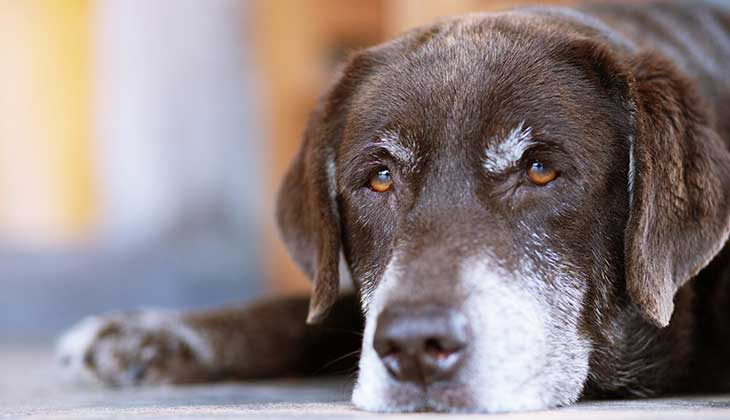
Here is a helpful checklist of things to remember when it comes to your aging or senior dog and his or her nutrition:
- In general, start thinking about diet changes at around eight years old for small dogs and five years old for medium and larger breeds.
- Ensure the food your dog is getting is appropriate for his or her age, size, weight, and activity level. Your veterinarian will be able to guide you on this.
- High-quality food is always best, maintaining protein while reducing calories.
- Feeding your dog twice a day may help your aging dog as he or she can experience gastric issues if there is too much time between meals.
- Your dog still needs daily exercise for both physical and mental health.
- Keeping up with regular check-ups, potentially visiting your veterinarian every six months, will help keep on top of any emerging health concerns.
RECOMMENDED
ZA-NON-220200132





